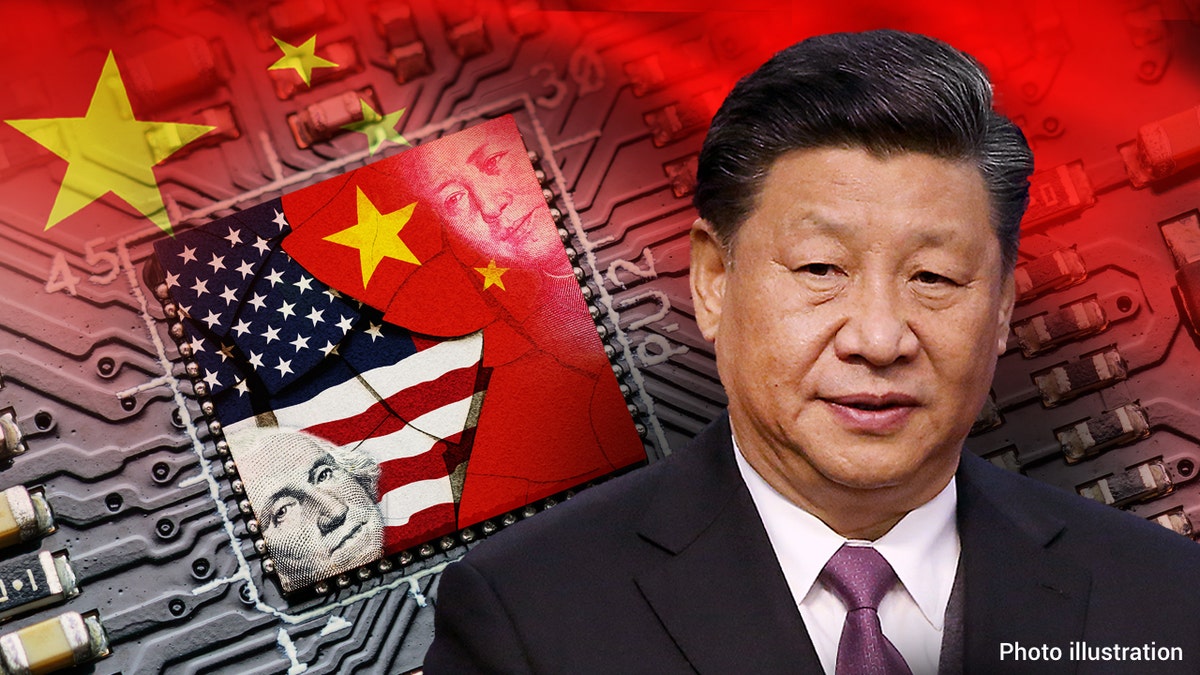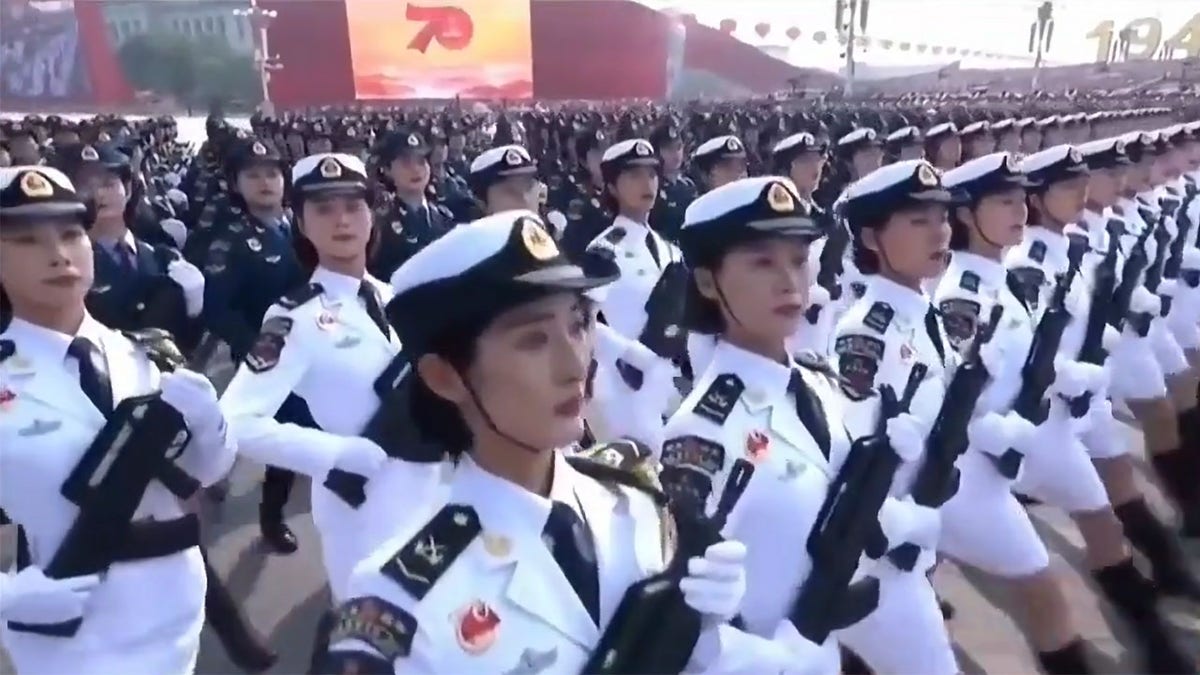The United States and China are navigating the artificial intelligence landscape with contrasting strategies, impacting both their global rivalry and the safety of their citizens. China has implemented a comprehensive regulatory framework for AI in commercial applications, while the US has prioritized regulations for military AI systems. This difference in approach reveals distinct priorities and potential risks for both nations.
China's strategy prioritizes political stability over rapid innovation, evidenced by its stringent regulations on private sector AI development. The Cyberspace Administration of China (CAC) recently introduced draft measures for generative AI services, encompassing technologies like deepfakes and other AI-generated content. These regulations aim to prevent discrimination, hold companies accountable for harm, and mandate security assessments before AI models are released.

This emphasis on control reflects the Chinese government's focus on maintaining political alignment with the Chinese Communist Party. Companies like Alibaba and Tencent are obligated to enforce strict content moderation, ensuring their products adhere to "socialist core values" and do not challenge state authority. This approach consolidates political censorship and reinforces state control in the evolving AI landscape.
In stark contrast, China's military AI development operates without similar regulatory oversight. The People's Liberation Army (PLA) prioritizes the rapid integration of AI into its operations, striving for the "intelligentization" of warfare. This lack of transparency raises concerns about ethical considerations and potential risks associated with unchecked military AI development.

The US, conversely, has implemented robust regulations for military AI systems, outlining requirements for human control, transparency, and ethical considerations. However, the release of generative AI models like ChatGPT-4 has occurred without similar regulatory oversight in the private sector. This lag in domestic AI regulation exposes Americans to potential risks, including large-scale disinformation, malicious software development, and economic disruption.
While China's strict domestic regulations may slow down AI innovation in the commercial sector, its unregulated military AI development raises concerns about global security. The US, while leading in the development of ethical military AI guidelines, needs to address the regulatory gap in the private sector to mitigate the potential societal harms of unchecked AI development. The different approaches taken by the two nations highlight the complex interplay of innovation, security, and societal values in the age of artificial intelligence.



Comments(0)
Top Comments